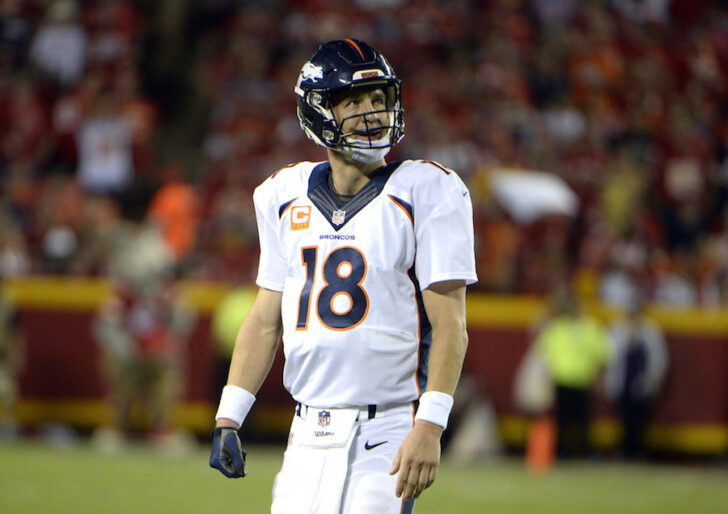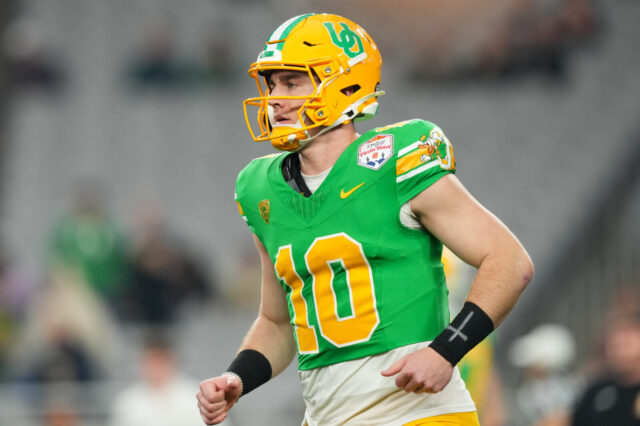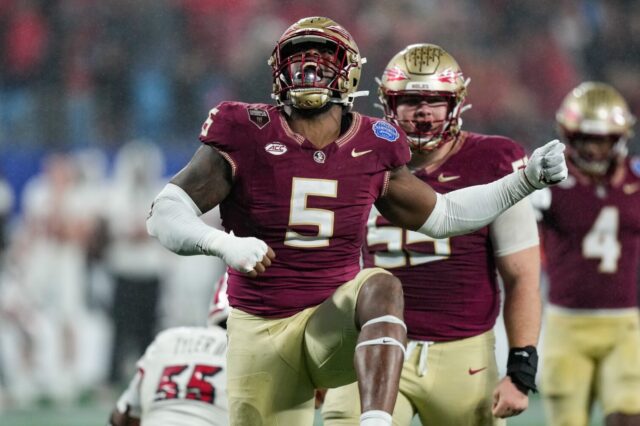Father Time is undefeated. And no matter how hard we fight, it’s a losing battle.
We can work out in the gym for hours, but as we get older, the weights become heavier and the exercises become more difficult. Fighting is noble, but our inevitable decline is pre-ordained.
As we watch 39-year-old Peyton Manning in the twilight of his career, there’s a debate on whether he’s lost it or not.
No matter which side of the argument you’re on, one thing is certain: His career is on the decline. It’s not because Manning doesn’t work hard or study film. It’s because not even the great Manning can beat Father Time. And there’s nothing wrong with that.
Even John Elway couldn’t win when he emotionally said at his retirement speech, “I can’t do it physically anymore, and that’s hard for me to say.”
Yet, it’s hard for fans to admit.
Our heroes can’t play forever, although many have tried.
Michael Jordan, Willie Mays, and Muhammad Ali thought they were different, but they weren’t. All aged in dog years at the end of their careers and their skills eroded quickly. It was sad to watch what “once was” become what couldn’t.
Manning isn’t there yet, but it’s inevitable. No one can go on forever.
Manning knows it, but many don’t want to believe it.
The ice baths become longer. The recovery is harder. And for a guy who has little feeling in his throwing hand because of four neck surgeries, while valiant, even he would admit the mountain is harder to climb to get ready to play every Sunday.
This isn’t about system. It’s about age. And Manning has set the standard so high that anything less lends itself to criticism.
His passes don’t have the same zip. His legs don’t move as quickly. He’s old by NFL standards.
Numbers don’t always tell the story, but in some cases, they’re a very good barometer of a player’s rise or decline.
Widely regarded as one of the most accurate passers in NFL history, he’s seen a sharp decline this season. Some may argue he’s faced a pair of playoff caliber defenses. The same will argue he’s adjusting to a new system or the offensive line has failed him. All are fair points.
However, when he ran essentially “his offense” during the second half of Thursday’s improbable win over the Chiefs, his statistics were un-Manning-like, despite the victory.
He completed just 50 percent of his 26 passes in the second half and just 50 percent of his passes during another trademark fourth quarter comeback. Outside the numbers for the entire game, he completed just 45% of his 22 passes.
Like a magician with regressing skills, sometimes there isn’t always a rabbit in the hat. But when there is one, it’s a sight to see.
Manning’s magic isn’t gone and he’s not done. But his legendary consistency will be nothing more than flashes of what we’re accustomed to seeing during his remarkable career.
And it’s not his fault.
There’s no reason to criticize or defend. If anything, there should be an appreciation for what he still can do and the possibilities that lie ahead.
A 39-year-old Manning, despite no feeling in his throwing hand, is still better than most 25-year-old quarterbacks, and that’s a testament to his greatness.
But the great Peyton Manning has left the building. The Hall of Famer walks through the doors of Dove Valley every day, but so does John Elway.
Elway couldn’t do it anymore. Manning can, but not with the same tool box which has made him one of the greatest quarterbacks of all time.
Age will never take away his beautiful mind on the football field, but his body will never be able to compete at the same level that’s taken him to three Super Bowls.
This isn’t to suggest Manning can’t make it four, but it’s clear the mountain is much steeper than most want to admit.
Some things are better with age. But as history has proven, 39-year-old quarterbacks are not. And while the final result against Father Time is already decided, Peyton Manning’s fight against it is one I’m excited to see.



